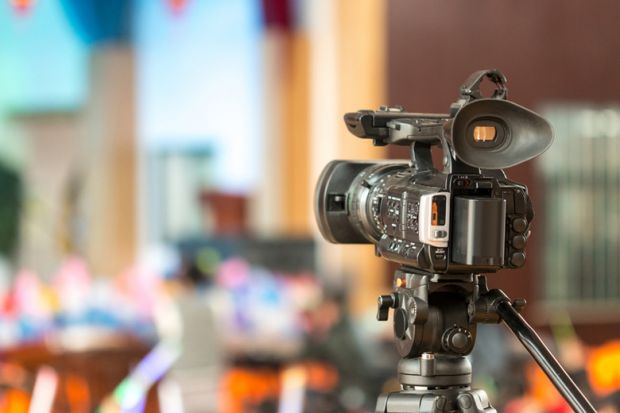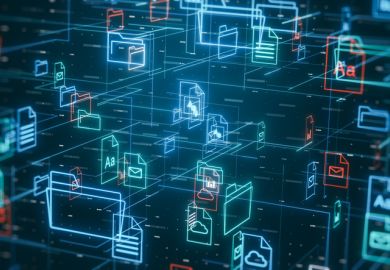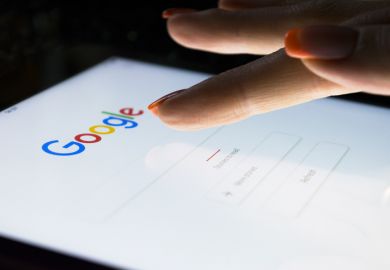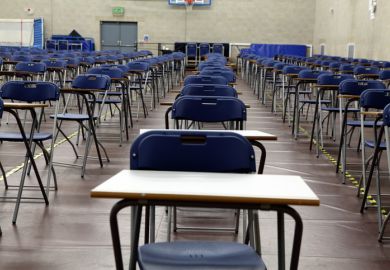Universities will take “risks” on copyright and intellectual property rights infringement when recording lectures because there is still so much “uncertainty” within the sector as to what is appropriate policy, according to the authors of new research into the issue.
The paper “Lecture recording in higher education: risky business or evolving open practice” reported that nearly three-quarters of UK institutions started lecture recording in 2016, but 40 per cent of respondents to the report’s survey said that their institutions only “kind of” had policy documents on the topic.
Jane Secker, co-author of the paper and copyright and digital literacy adviser at the London School of Economics, told Times Higher Education that the topic remained “an evolving area”.
“It’s not so much that institutions don’t have copyright policies, [it’s] whether they had one [relating] to lecture recording,” she said. “About a third of them have done [one], some people said they were developing one, a third said they didn’t have one. A lot of the reason [for this] is that there’s still a lot of uncertainty.”
“When we were speaking to people at Jisc [the UK body that supports institutions’ use of digital technologies] about their guidance, there was a sense that…in a private space, you may take greater risks [with lecture recording] than you would if you were putting together a Mooc (massive open online course).”
Their report, which surveyed 33 universities, found in almost all cases that the responsibility for copyright issues in lecture content lay with the lecturer but a “significant amount of the policy documents did not make these responsibilities clear”. The paper recommends that universities “make clear” who is responsible, but also “provide supportive copyright advice…on issues such as the use of third party material in recorded lectures”.
Chris Morrison, co-author and copyright compliance and licensing officer at the University of Kent, said that institutions had to determine where they funnelled their resources.
“It makes more sense to put resources into [Mooc activities] than it does trying to get into every single lecture and come up with a determination of what is and isn’t legal, which isn’t always clear,” he said. “You have [cases] where the only way you would definitely know where the use of someone else’s content without their permission is legal is if there was to be legal action.
“There has been a process of trying to harmonise copyright law across Europe…but what tends to happen with Moocs, they tend to rely on Creative Commons licences (enabling the free distribution of an otherwise copyrighted work), [so] it is possible to create resources that can be openly shared.”
Ane Landøy, academic librarian at the University of Bergen and a member of the International Copyright Literacy Network, said that although lecture recording was still in its infancy in Norway, there were similar issues there.
“In the law faculty in my university, there is a lot of enthusiasm among staff to [record lectures], but they are experts on copyright law so they’re very careful as to whether they’re making it available,” she told THE.
Register to continue
Why register?
- Registration is free and only takes a moment
- Once registered, you can read 3 articles a month
- Sign up for our newsletter
Subscribe
Or subscribe for unlimited access to:
- Unlimited access to news, views, insights & reviews
- Digital editions
- Digital access to THE’s university and college rankings analysis
Already registered or a current subscriber? Login







